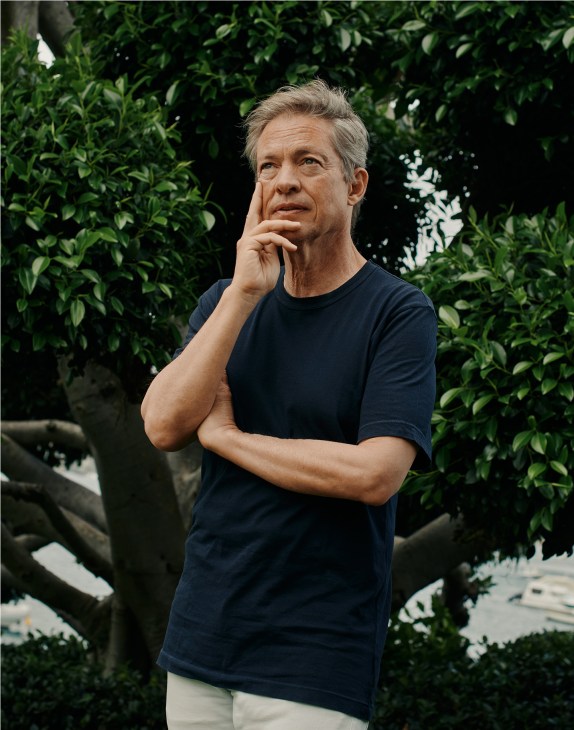US philanthropist and billionaire Nicolas Berggruen’s plans to reshape global power dynamics
Through his influential global think-tank, the one-time ‘homeless billionaire’ is eager to address the key challenges of this volatile age.
Nicolas Berggruen is adamant that ideas have always been more attractive to him than material wealth. “I was always more interested in philosophy and politics,” says the US philanthropist and billionaire. “But I took a long detour into business.” The detour to which Berggruen refers is a decades-long career in private equity and property, achieved by buying repossessed buildings in New York. He created Berggruen Holdings in 1985, now one of the world’s most influential investment companies. But the pinnacle of his life’s work came in 2010 when he founded the Berggruen Institute, an independent think-tank based in Los Angeles, which he has personally endowed with some €460m. The foundation now has offices across three continents and the backing of influential members, including France’s former president Nicolas Sarkozy and erstwhile Google CEO Eric Schmidt. “You have to recognise your gift,” says Berggruen. “I don’t think I would have been a very talented politician, but I believe I can be helpful in my own way through the Institute.”

Born in Paris in 1961 to German art-dealer Heinz Berggruen and actress Bettina Moissi, Nicolas has always been surrounded by fame and glamour. In 1978, at the age of 17, he moved to London to train under property developer Max Rayne before crossing the Atlantic to New York to study. It was during the Big Apple’s finance boom of the 1980s and 1990s that Berggruen amassed a fortune from investing in property, stocks and hedge funds, which today amounts to about €3bn.
There were signs of Berggruen’s rebellious nature early on when he was expelled from boarding school. But in 2000 he took it one step further. Selling off all his properties and belongings (bar the private jet) to travel the world, Berggruen earned himself the ironic moniker of “homeless billionaire” and surrounded himself with an eclectic cadre of intellectuals and policymakers. “We became this little brains trust and started to think about subjects such as democratic and capitalist reforms,” he says. “And out of that came the Institute.”
Today the institute has a substantial reach. Publishing the Berggruen Governance Index that analyses the quality of life in more than 145 countries, it also holds a $1m (€920,000) annual prize for philosophy, on par in monetary terms with the Nobel Prize. It has facilitated talks between China’s Xi Jinping and Western policymakers, and in 2022 hosted its first summit in Venice to discuss a worldwide approach to borderless issues such as climate change. The issue of globalisation has long troubled Berggruen. “The worldview I grew up in was one led by the West, dominated by liberal values,” he says. “Frankly, that’s over. The opportunity for the next 20 years is for problems to be dealt with at a local level rather than by some far-off power that doesn’t understand your culture.”
Berggruen’s next step is to graduate from “homeless billionaire” to an abbot fit for the 21st century as he works on a growing network of “secular monasteries” – his term for the Institute’s centres. Current sites include a 1920s building on the campus of China’s Peking University, as well as a 180-hectare plot of land near the Getty Center in the Santa Monica Mountains. Reflecting on his work so far, Berggruen concedes that he gains as much as he gives. “I learn a lot from the project, so in a way it’s quite selfish,” he says. “But it works.”
The CV
1961: Born in Paris.
1981: Graduates from New York University with a degree in finance and international business.
1985: Founds Berggruen Holdings in Los Angeles.
2010: Sets up the Berggruen Institute.
2012: Co-authors first book, Intelligent Governance for the 21st Century, with Nathan Gardels.
2021: Inaugurates the Berggruen Institute’s European HQ in Venice.
2025: Launches Berggruen Press, debuting with a collection of essays titled The Planetary, edited by Nils Gilman.


